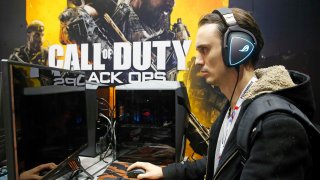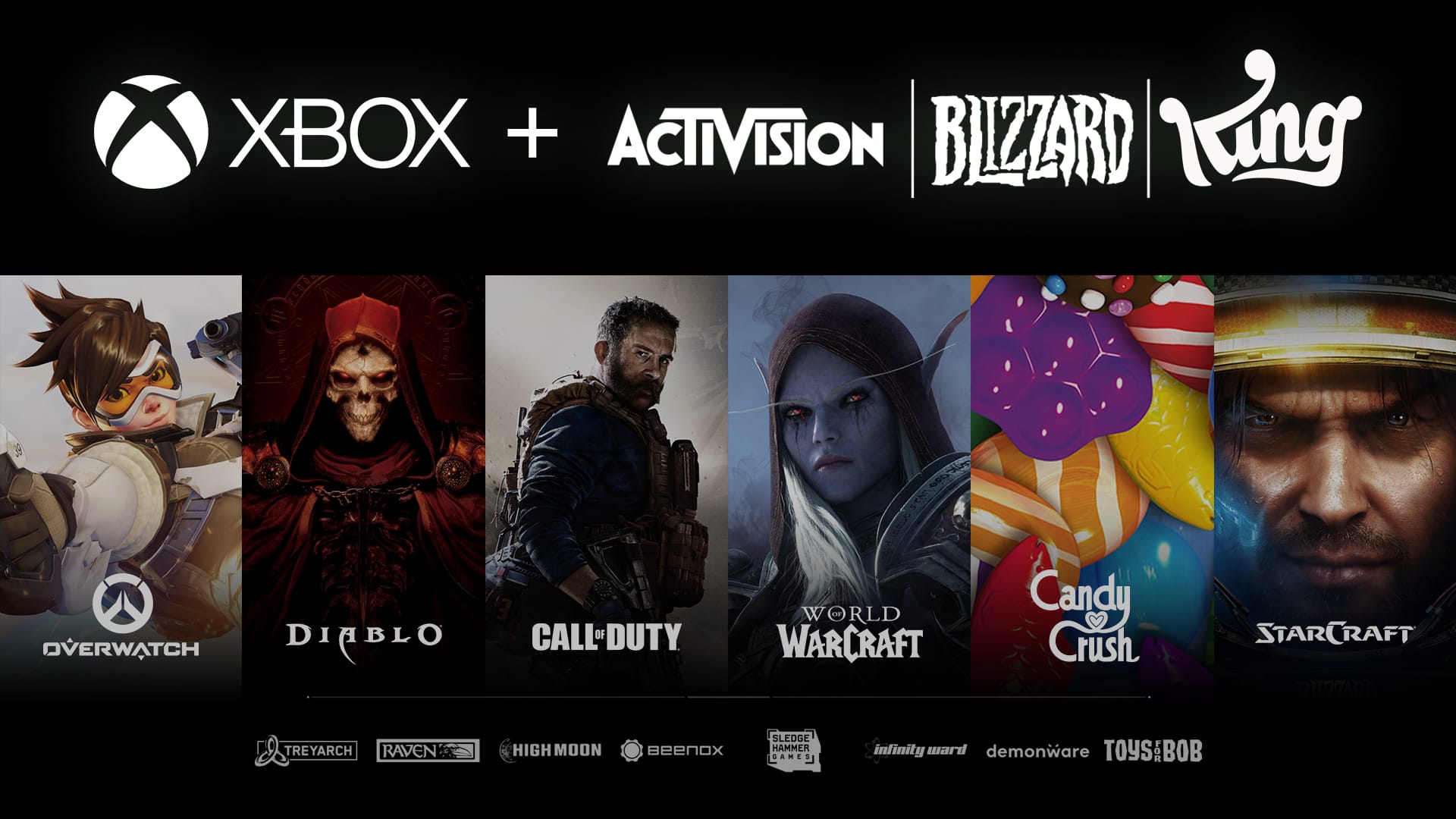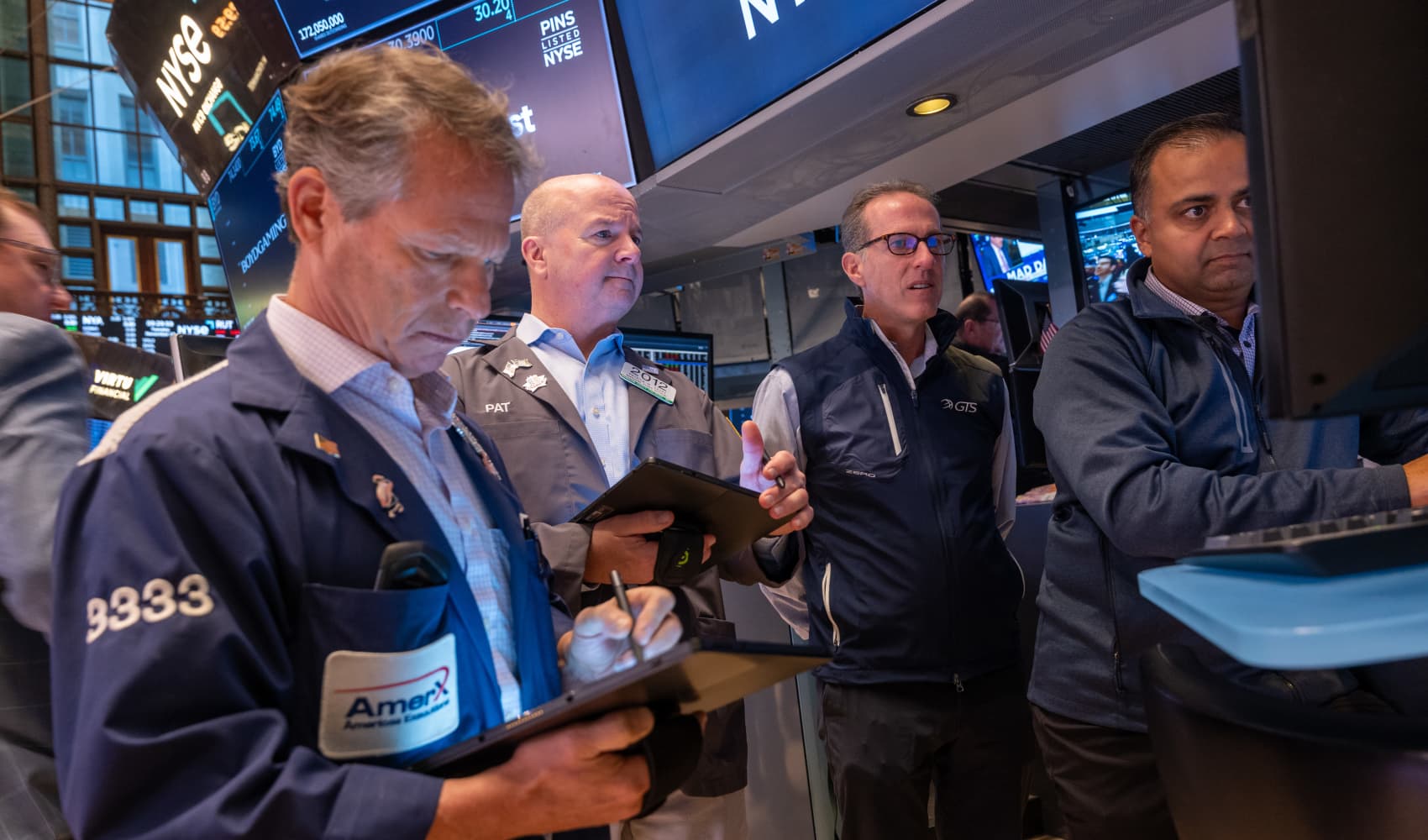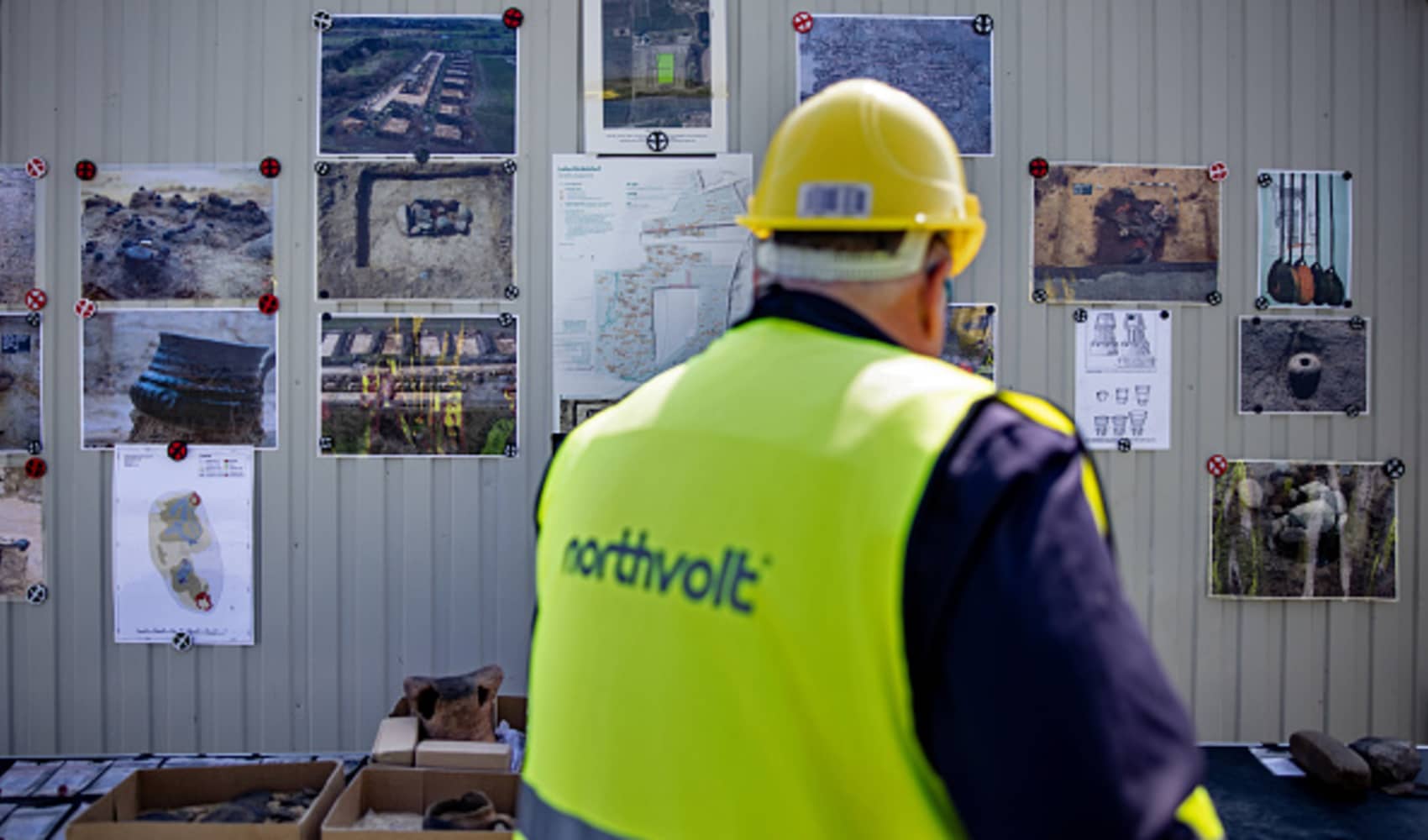
- Microsoft will buy video game giant Activision Blizzard in a $68.7 billion all-cash deal.
- Activision makes popular game franchises such as Call of Duty.
- Activision has been mired in controversy in recent months due to allegations of sexual harassment and misconduct among company executives.
Microsoft announced Tuesday it will buy video game giant Activision Blizzard in a $68.7 billion all-cash deal.
The price means Microsoft will pay $95 per share for Activision. Activision's stock ended the day up more than 25%, closing at $82.31 per share on Tuesday. Microsoft's shares closed down more than 2%. This would be Microsoft's largest acquisition to date, followed by its purchase of LinkedIn in 2016 for $26.2 billion.
Get top local stories in DFW delivered to you every morning. Sign up for NBC DFW's News Headlines newsletter.
Activision, which is known for popular games such as Call of Duty and Tony Hawk's Pro Skater, has been mired in controversy for the last several months after reports of sexual misconduct and harassment among the company's executives. On Monday, Activision said it fired dozens of executives following an investigation.
Under the deal, Activision CEO Bobby Kotick, who has faced calls to resign over the cultural problems within his company, will remain CEO during the transition. Microsoft said Activision as a company will report to Microsoft's Xbox boss Phil Spencer after the deal closes, implying Kotick could depart after the transition. The Wall Street Journal reported Tuesday afternoon Kotick is expected to step down after the deal closes.
Money Report
Microsoft said it expects to close the deal in its fiscal 2023. However, U.S. regulators have signaled they will be far more aggressive in evaluating large acquisitions, especially in the tech industry, so there's a chance the deal dies under government review.
Microsoft has gotten more aggressive with gaming over the past several years. It bought Minecraft maker Mojang for $2.5 billion in 2014. And last year, Microsoft completed a $7.5 billion acquisition of game maker Bethesda.
The deal also plays into a long-term vision for Microsoft as it competes with Meta (formerly Facebook) to build technologies to create a virtual world called the metaverse. In fact, Microsoft CEO Satya Nadella was the first Big Tech CEO to publicly acknowledge the value of the metaverse, months before Meta CEO Mark Zuckerberg. Today, virtual worlds are dominated by gaming, but the hope is they expand to cater to other demographics and replace a lot of traditional social networking activity online.
"When we think about our vision for what a metaverse can be, we believe there won't be a single, centralized metaverse," Nadella said on a call Tuesday morning where he discussed the deal. That means Nadella sees an opportunity for many software makers to create many different virtual worlds in the future, instead of one dominant company controlling most of the activity.
Still, Microsoft does not yet have an affordable, consumer-grade virtual reality headset that would be necessary to fulfill the vision for the metaverse. Microsoft does sell an augmented reality headset called HoloLens, but that device paints digital items on top of the real world. It's not a fully immersive experience and is mostly used for business applications.
In an interview with CNBC's Becky Quick on "Squawk on the Street," Kotick said the deal came through after he realized Microsoft had the technology to push Activision forward in the burgeoning competition between tech companies to build the metaverse. In the same interview, Spencer said talks about an acquisition began between the two companies late last year.

That said, both companies focused on the present in announcing the deal, with a highlight on Activision's strength in mobile gaming. For example, Activision owns Candy Crush, one of the most popular and lucrative mobile games around. (Activision bought Candy Crush's publisher King for $5.9 billion in 2016.) They also highlighted the opportunity to cross-promote popular gaming franchises from both companies, like Microsoft's Halo and Activision's World of Warcraft.
"The last two years in particular have shown how critical games are to helping people maintain a sense of community and belonging, even when they are apart," Nadella said on a conference call Tuesday morning following the announcement of the deal. He added that 3 billion people around the world play video games, a hint at the total market he sees Microsoft moving into.






